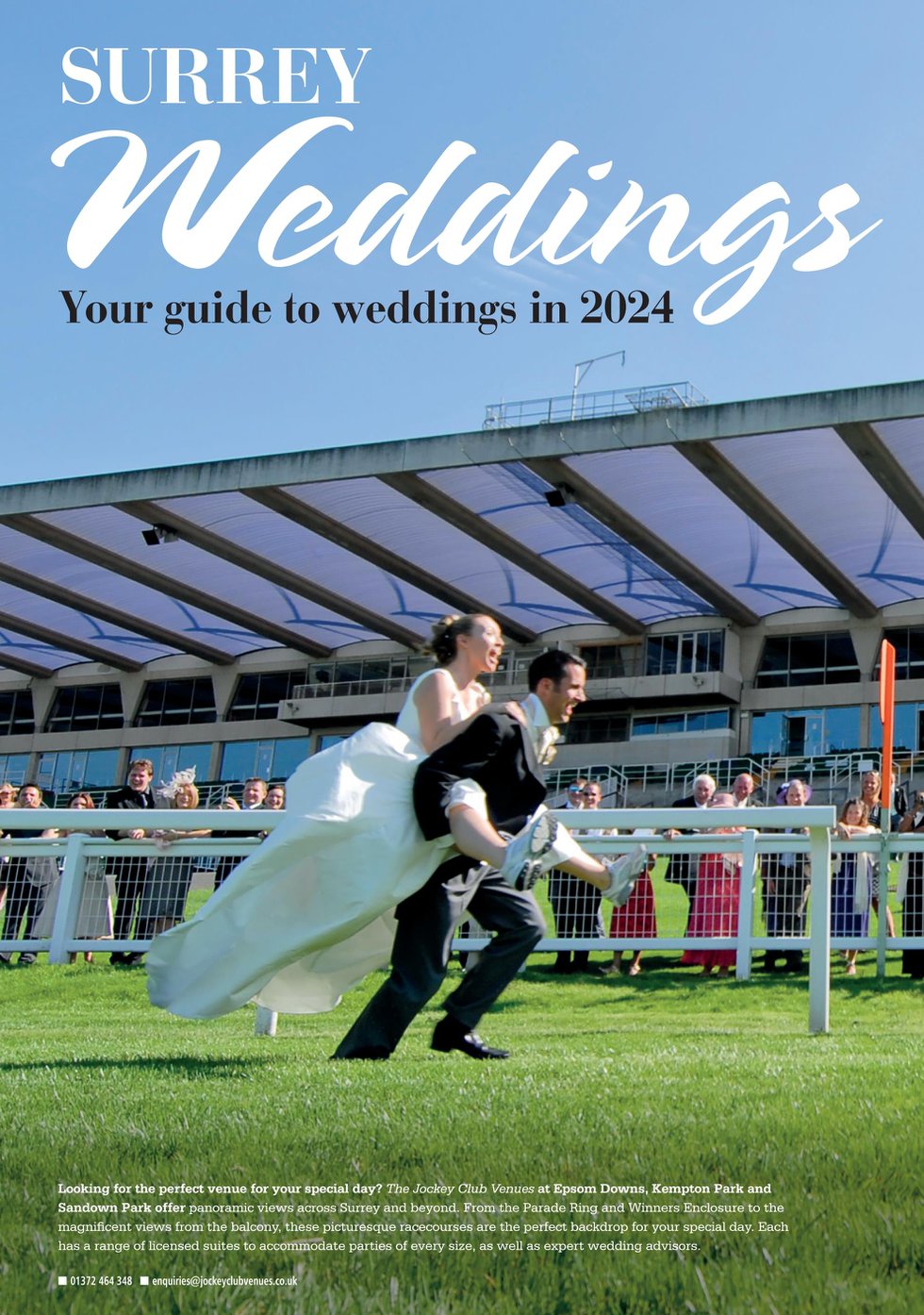The Kingston pound is heading for your pocket. Rosanna Greenstreet finds the local currency poised to get physical
It was the Civil War that started it. With Cavaliers and Roundheads busy knocking seven bells out of one another, the nation’s finances slipped into ruin. Faced with a coin shortage, some towns – including Kingston – introduced trade tokens as an alternative. The local currency was born.
In time, as prosperity followed a few cautious paces behind peace, the idea faded back into the mists. Recent years, however, have seen a mini-revival, with the emergence of currencies such as the Brixton and Bristol pounds: a way of encouraging people to spend their cash in independent shops and businesses, thereby boosting the local economy.
Our own version, the Kingston pound, has been around for four years, but only in electronic form via an app or Text2Pay system. Now two local businesspeople – Bobi Robson, a digital communications specialist, and Andrew Connolly, an independent financial advisor – are determined to set cash tills ringing across the Royal Borough by bringing a physical K£ into existence.
“The physicality of a note will help expand the project, as people will like having something unusual in their wallets,” says Bobi over coffee at SurbExpo, the annual Surbiton Business Exposition. “That’s part of what worked so well in Brixton: they had a well-designed note that people wanted.”
Currently, around a hundred people have K£ accounts, which are administered by SurreySave Credit Union.
“K£s are accepted at CD Jennings, the butchers, as well as restaurants and cafes including Pickled Pantry, Naturally Chinese and the Rose Theatre café and bar,” explains Andrew, who spearheaded the launch of the electronic currency in 2012.
“They take it at Banquet Records – who also issue K£s electronically for us – and at various software companies and accountancy firms. There’s a local honey manufacturer and a greengrocer, and we are working on a solicitor and kitchen manufacturer. The council is behind us too, insofar as it allows businesses to pay part of their business rates in K£s.”
“Lambeth Council actually gives its employees the chance to receive a proportion of wages in Brixton pounds,” adds Bobi. “That is the dream. As soon as that happened, the number of B£s in circulation increased, as you had all these council workers spending money with local independents."

Bobi Robson & Andrew Connolly
“In Kingston, 80% of every pound spent leaves the borough straightaway because, if you spend with large corporations, the money goes to head offices or even out of the country. Having the K£ keeps it here.”
At present, the electronic K£ is used most widely in Kingston and Surbiton. When it comes to design of the note, however, Andrew is keen to bring the whole borough into play.
“We have to be fair to places like New Malden, Tolworth and Chessington,” he reflects. “Each one needs to be represented physically. It’s a problem.”
One that urgently requires problem solvers from within the design world. Bobi and Andrew have already set the ball rolling by asking pupils at St John’s C of E Primary and students from Kingston University for ideas. At the top of this page you can see K£1,2,10 and 20 notes by communications design undergraduate, Min Jung Kim. His inspirations include the salmon from the Kingston coat of arms and the Coronation Stone – or ‘King’s Stone’ – outside the Guildhall, a relic reputedly linked to the coronation of seven Anglo-Saxon kings.
The B£ sets a stylish precedent, bearing the image of David Bowie, Brixton’s most celebrated son. Perhaps Kingston should pay similar homage to its famous literary daughter, Jacqueline Wilson?
“Everybody who helps with the K£ – whether they switch money, hand out leaflets or submit a design – will have their name micro texted into the security feature of the note,” says Andrew, who runs the project with Bobi on an entirely voluntary basis. “So it will truly be a community currency.”
Once the design is settled, the next hurdle will be raising the cash to pay for printing. Andrew has been talking to the company that produces tickets for Glastonbury (notoriously hard to fake), and he estimates that production of K£100,000 will cost around £10,000. He has applied for a grant from the Aviva Community Fund, which offers £25,000 to deserving projects, and hopes that enough local people will vote for the K£ to benefit before the closing date of Nov 18.
As for the political climate, Andrew is adamant that Brexit has not been a factor in the drive for a physical K£.
“This is not about becoming a closed shop. We are not interested in saying: ‘Surrender all your sterling at the gates of Kingston.’ We just want to support local businesses and tradespeople."
“For us, a local currency is a bit like a harbour with an open entrance: lots of trade comes in and out, but we can shelter some of the small boats from the storm.”
To vote for the K£, go to: bit.ly/KPoundAviva. To get involved, go to kingstonpound.org or email: bobi@kingstonpound.org.uk
Check out our News Section for more great local stories
Follow us on Facebook and Twitter for updates on all the latest pieces







